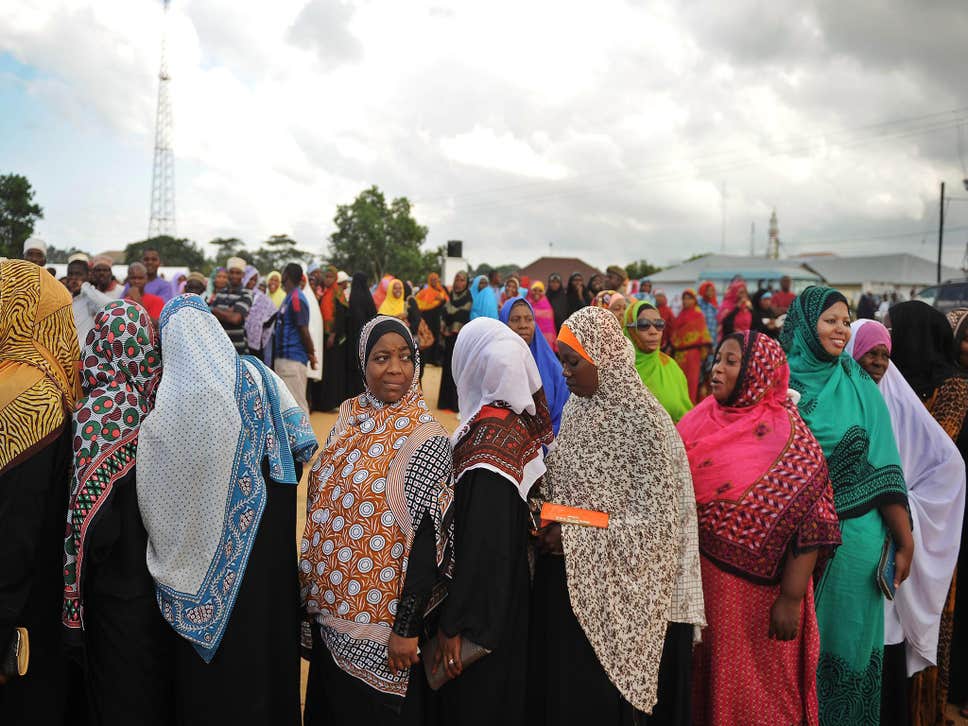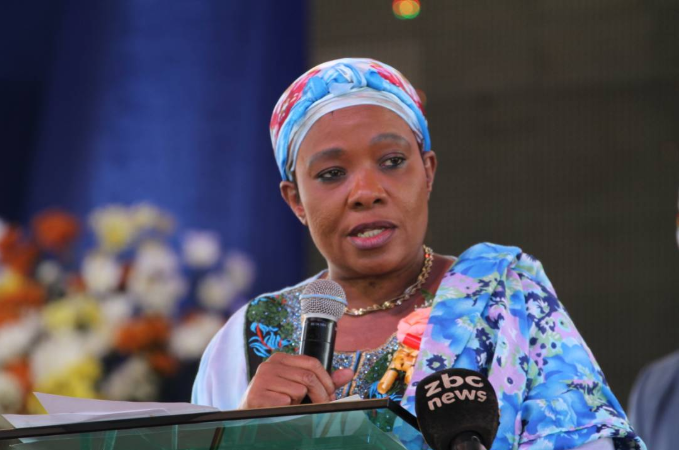Straight women in Tanzania are marrying each other and even sharing beds in order to keep their houses in the absence of husbands, according to reports.
A centuries-old local tradition, called ‘nyumba ntobhu’ or ‘house of women’, has been given a modern revival by members of the Kurya tribe in remote villages in the north of the country.
Under the tradition, a woman is permitted to marry a younger woman if she is widowed or her husband chooses to leave her. This means she can keep the family home which is jointly owned with the younger woman, despite a tribal law which dictates that only males can normally inherit property.
The younger woman is then able to take a male partner and potentially give birth to male heirs on the older woman’s behalf.
Increasing numbers of younger Kurya women are choosing to take the ‘house of women’ option in spite of their tribe’s traditionally patriarchal society. All 200 members of the local Kurya Tribal Council are male.
It is believed marriage between women is helping to reduce the risks of domestic abuse, child marriage and female genital mutilation (FGM) within the tribe which has more than 700,000 members.
In 2013, a survey by the country’s Ministry of Health and Social Welfare found that 45 per cent of women aged 15 to 49 had experienced sexual or physical violence in the home.
Mugosi Maningo and Anastasia Juma got married in June 2015, and say their union has given them more autonomy over their lives.
Ms Juma told the magazine her previous husband treated her “like a slave” when she was married at the age of 13.
“I didn’t trust men after that,” she said. “I certainly didn’t want another husband. Marrying a woman seemed the best solution.
perform eplayer
“Mugosi and I would like at least three more children to expand our family. The more children you have the richer you are.”
Another woman, Mugosi Isombe, said: “Nobody can touch us. If any men tried to take our property or hurt us, they would be punished by tribal elders because they have no rights over our household. All the power belongs to us.”
Disputes over paternal rights are said to be rare when ‘nyumba ntobhu’ is enforced.
Human rights campaigners remain concerned about Tanzania’s attitudes to women, and it is estimated as many as 1,000 older women in the country are accused of witchcraft and killed every year in accordance with tradition.
Women and girls in the country continue to find it difficult to access formal education, as traditional attitudes force many to drop out of school and university to pursue domestic responsibilities.




